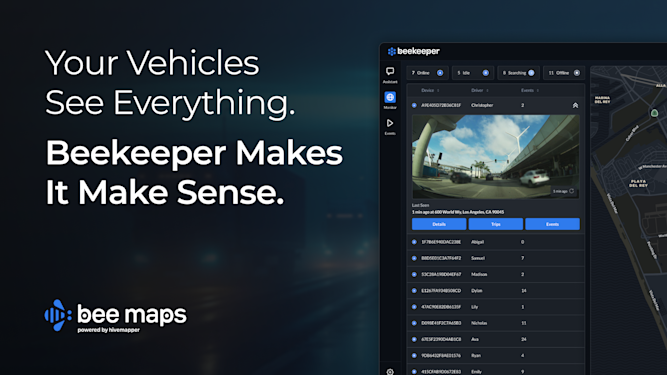The Latest Buzz
How Do Automated Highway Systems Affect Logistics Companies?

How Do Automated Highway Systems Affect Logistics Companies?
Automated highway systems are transforming the logistics industry, offering new opportunities for efficiency and reducing operational challenges. These systems include smart highways and connected infrastructure that facilitate smoother traffic flow, automated toll collection, and even autonomous vehicle operation. For logistics companies, adopting routes that integrate with automated highway systems can have significant impacts on both time and cost savings.
Benefits of Automated Highway Systems for Logistics
- Enhanced Traffic Flow Automated highway systems use sensors and AI to manage traffic flow, reducing congestion and enabling vehicles to maintain optimal speeds. For logistics companies, this means less time stuck in traffic and more predictable travel times. Trucks can maintain consistent speeds, leading to improved fuel efficiency and quicker deliveries.
- Reduced Human Error Human error is a leading cause of traffic accidents, which can disrupt delivery schedules and increase costs for logistics firms. Automated highway systems, with features like adaptive speed controls and lane guidance, help reduce these risks. This not only improves safety but also reduces potential downtime from accidents or delays.
- Integration with Autonomous Fleets As more logistics companies invest in autonomous trucks, automated highway systems will be critical for their success. These highways provide the infrastructure needed for autonomous vehicles to safely operate at high speeds over long distances, making them ideal for long-haul trucking routes.
Challenges for Logistics Companies
- Initial Investment While the benefits of automated highways are clear, the transition requires significant investment in compatible vehicles and systems. Upgrading fleets to integrate with these advanced systems can be costly, although many companies find that the long-term benefits outweigh the initial expenses.
- Regulatory Considerations The deployment of automated highway systems often involves navigating a complex web of state and federal regulations. Logistics companies need to ensure that their autonomous trucks comply with varying regulations across different regions, which can add a layer of complexity to route planning.
Future Prospects for Automated Highway Systems
As technology advances, the integration of automated highway systems with logistics operations will likely increase. These systems promise to make long-haul trucking more efficient, safer, and cost-effective. For companies that are ready to embrace this change, the future holds the potential for more streamlined and sustainable operations.
Unlock the potential of automated highways with Bee Maps. See how consistent, quality, up-to-date map imagery can help you build reliable maps, optimize computer vision algorithms, and improve navigation. Discover Bee Map's high-resolution street-level images can enhance your fleet operations projects.
Share Post


